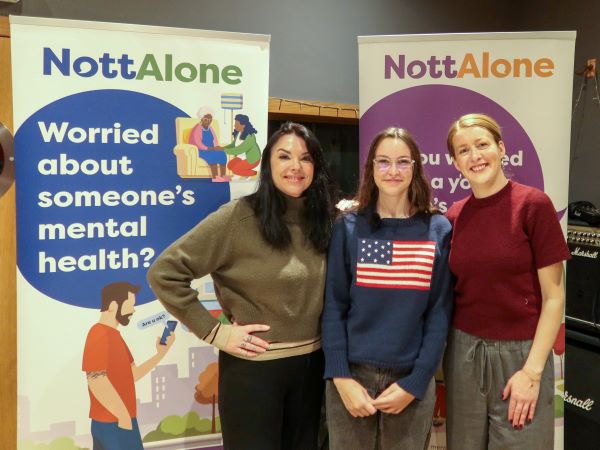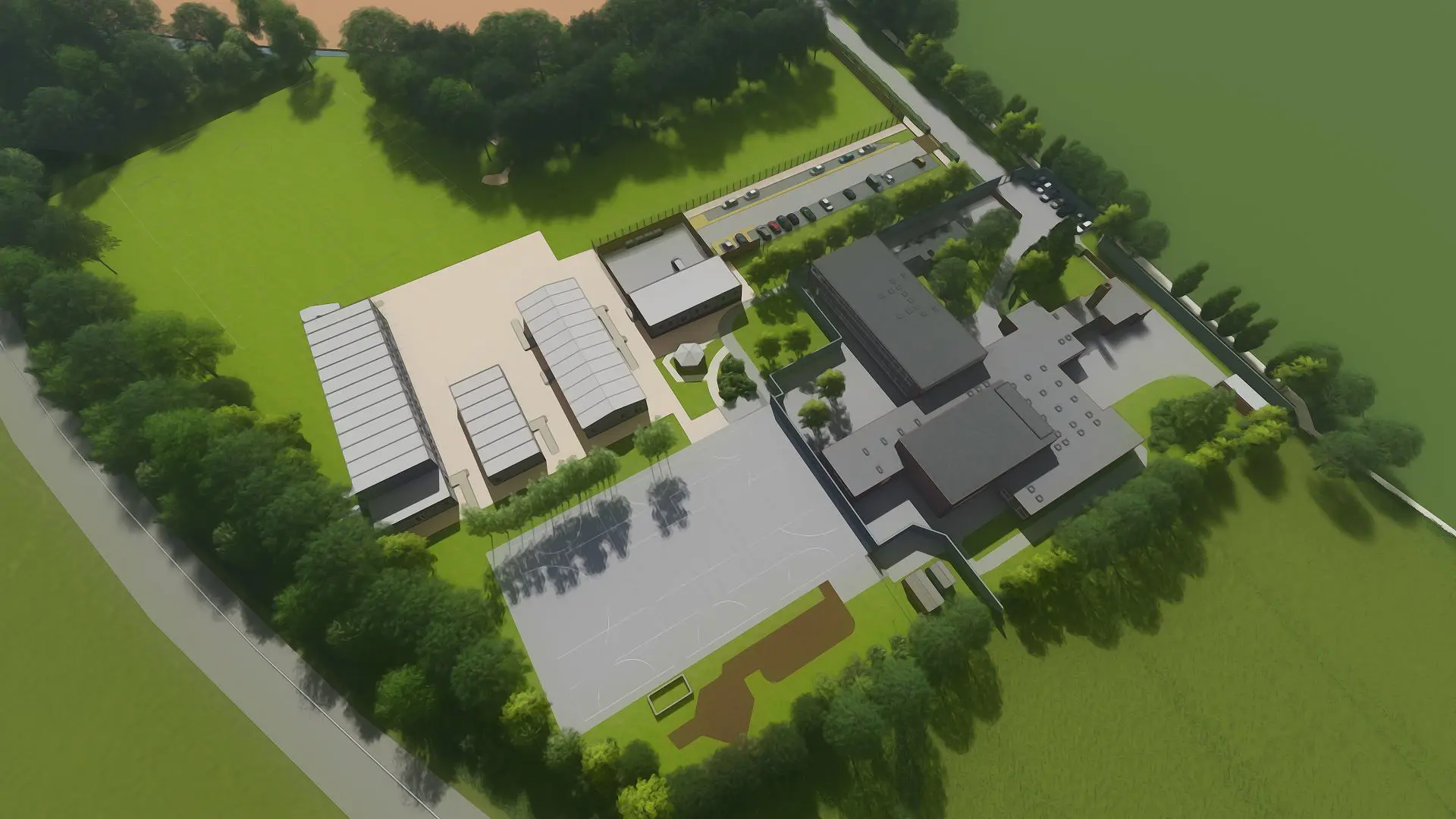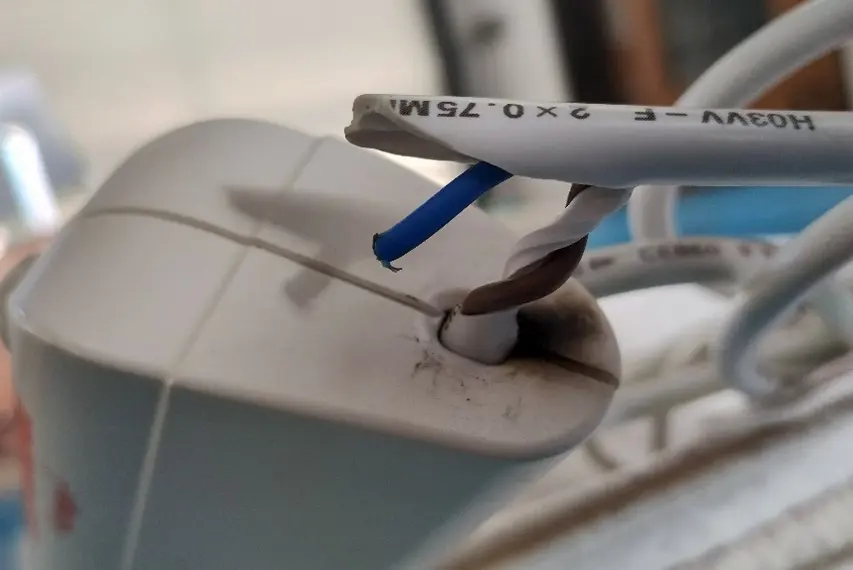Piloting biodiversity offsetting in Nottinghamshire
Nottinghamshire has been selected as one of six pilot areas nationally to trial biodiversity offsetting. The pilot will run for two years from 1st April 2012, and is being led by Nottinghamshire County Council.
Biodiversity offsetting is a process by which conservation activities designed to deliver biodiversity benefits in compensation for losses are delivered, and are distinguished from other forms of ecological compensation by the formal requirement for measurable outcomes.
Developers in pilot areas required to provide compensation for biodiversity loss under planning policy can chose to do so through offsetting. The benefit for the developer is that:
- it simplifies the discussion about how much compensation is needed: the impact of the development can be measured in units.
- it is transparent: relevant information is open and available to all from the start of the process.
- it allows the developer to pay someone else to deliver the offset for them, and to pass on the responsibility for managing that compensation: they have no ongoing responsibly for the offset.
Using the biodiversity offsetting approach means that a developer employs a standardised formula to calculate the number of “biodiversity units” to be lost as a result of their development, based on the habitat(s) affected, and its condition and extent. The developer then provides an offset (either themselves or through a third party offset provider) to deliver an equivalent number of biodiversity units on land elsewhere.
Participating local authorities
For planning applications determined by Nottinghamshire County Council, the area covered by the pilot covers the whole county of Nottinghamshire. This includes waste development and the county council's own developments (such as schools, libraries and roads), but specifically excludes minerals development (which is a county matter, but is not considered appropriate for inclusion within the offsetting process).
For other planning applications (such as housing, industrial and commercial developments), Bassetlaw District Council, Gedling Borough Council, Newark and Sherwood District Council and Nottingham City Council have all confirmed their involvement in the pilot.
The Local Offsetting Strategy
A Local Offsetting Strategy has been produced, which sets out how the offsetting process will be managed in Nottinghamshire, and has been developed by participating local authorities with input from interested stakeholders.
The Local Offsetting Strategy must be read in conjunction with national guidance produced by Defra.
A suite of information notes have also been produced, which provide a basic introduction to offsetting:
- Information for developers
- Information for ecological consultants
- Information for offset providers
- Information for planning officers
Information about potential offset providers
A list of potential offset providers and projects is currently under development, to help developers interested in using offsetting to deliver their compensatory requirements to find suitable offsetting sites. Once completed, the list will be available on this site, and will be regularly updated.
Further information
Further information about the biodiversity offsetting pilot in Nottinghamshire contact email: conservation.en@nottscc.gov.uk or telephone: 0115 969 6520.








